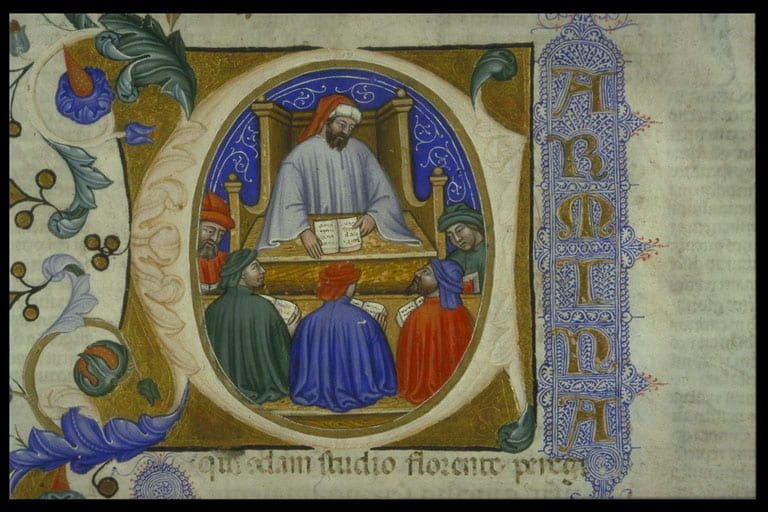
Rhetorical Adversity in the Consolation of Philosophy and Paradise Lost
Written in 523 and 1674 AD respectively, Boethius’ Consolation of Philosophy and John Milton’s Paradise Lost are crucial works of Christian prose and poetry. Despite their clear promotion of the Christian faith, the two works rely on the literary and religious elements of classical Greece and Rome to convey their message. In this post, I aim to highlight two similarities between these works regarding their treatment of classical influences and…





